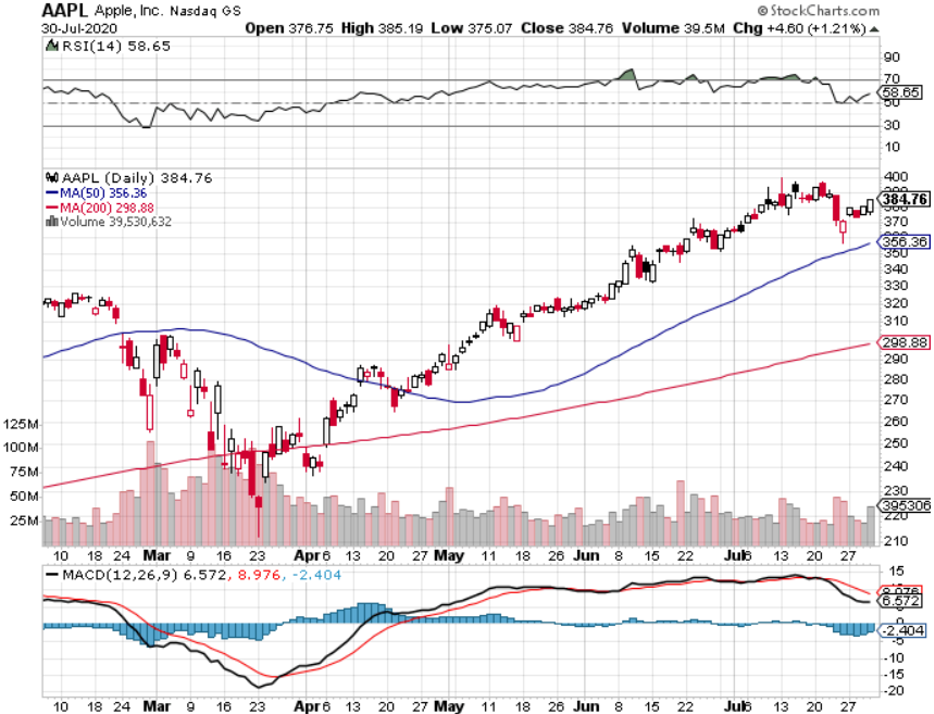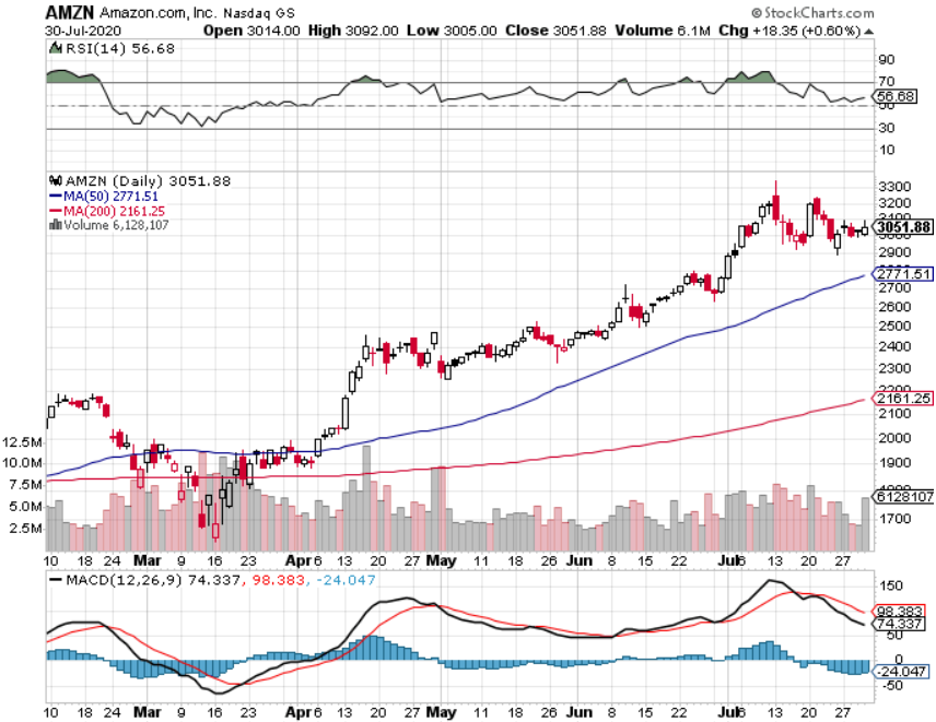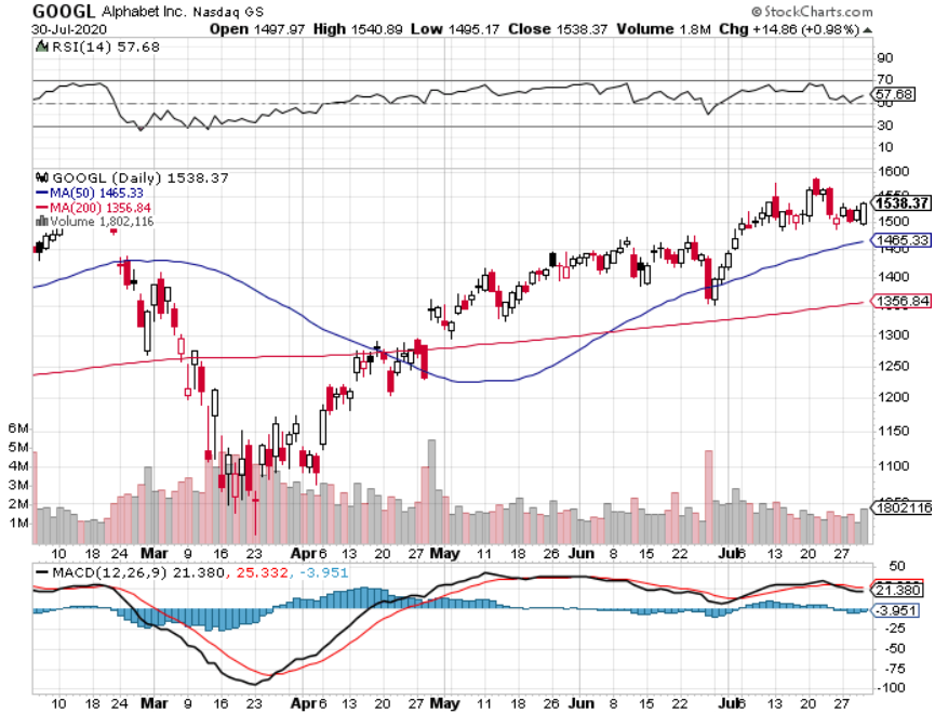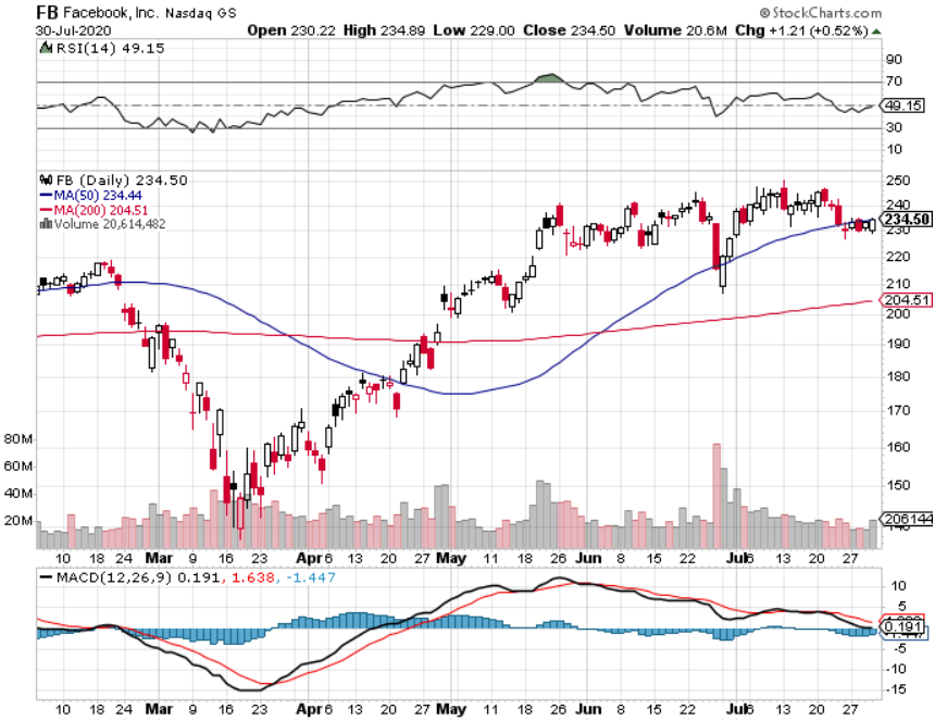Big Tech is Unstoppable
The big loser at the Congress hearing grilling the top 4 CEOs in big tech was by far and away the U.S. government.
The U.S. government accused big tech of operating as illegal monopolies and big tech’s answer was largely indifference, betting that the government is too disjointed to actually hit them with some venom.
The only member of congress who was on point with her questions was Democratic Rep. Pramila Jayapal, who used internal Facebook documents to show data theft artist Mark Zuckerberg suppressing competition when he purchased Instagram in 2012.
Jayapal then cornered Amazon (AMZN) CEO Jeff Bezos into a corner, peppering him with questions about Amazon’s 3rd party data handling.
There has been a long-lasting campaign against Amazon in regard to them using internal data to hijack 3rd party sellers’ products deemed successful by recreating them as in-house products and catapulting their in-house branded products to the top of the Amazon search results.
The success of Congress stopped at Jayapal, as the rest of the motley crew appeared so out of touch with what real tech issues exist that it felt they were unfit to ask questions.
Playing into their inefficient display was the fact that they chose a time delegated for antitrust issues to complain about anti-conservative bias in social media, which is a separate issue entirely.
These arguments were armed with zero data to back up the claims, and gave the tech leaders an easy way out by just grandstanding about the issue.
The biggest winner was the company that was not invited to the session – Microsoft (MSFT).
They were the only tech company over $1 trillion that wasn’t in attendance, and for good reason.
Microsoft CEO Satya Nadella has been able to position the company as a trust-first cloud enterprise and refuse to traverse into that gray area where conflicting interests exist.
They are living proof that tech companies don’t need to swindle personal data to grow revenue, which is why I keep putting on call spreads in this brilliant company.
Microsoft is in great strategic position to expand their business, and the same cannot be said for Facebook because unlike Microsoft, Facebook produces nothing of meaningful substance.
This was evident as Congress picked on Zuckerberg’s company the most, even catching him in a bold face lie.
The most convenient line of reasoning for these tech companies doing what they do was the “American-first” playbook.
Highlighting China’s rise as tech competitor, fearmongering that China could one day be at the top of the tech pyramid but actually just demonstrating another way of avoiding the real issues.
Watching this discussion made me realize that these tech companies have reached a level of power that supersedes the government.
Politicians are only invested in short-term interest and protecting their tenure in government. Bezos, Zuckerberg, Cook, and Pichai can play the long game.
This is exactly why investors pour capital into these 4 stocks plus Microsoft.
Apple earns over $55 billion in profits annually on $260 billion of revenue.
Amazon makes up 40% of U.S. online sales.
Facebook (FB) has 2.6 billion users which is 34% of the world’s population.
Lastly, 90% of internet searches are done through Google (GOOGL) search.
The real question should be: when will these companies hit the $2 trillion mark?
And even if Congress could conjure up some meaningful regulation against these 4, they certainly have the resources to navigate around it, especially when half of Congress still doesn’t understand what they actually do.
As it stands, these data empires are left to go their merry way and Congress is failing to protect individual user data on an epic scale.
To put the cherry on top, I would argue that the coronavirus has done big tech’s dirty work wiping out many businesses while big tech gets stronger.
I am bullish big tech.






